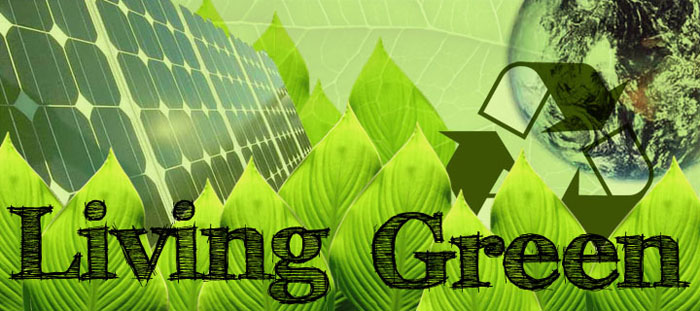
(Graph of World Oil Consumption between 1950 and 2004, taken from
the following website, www.worldwatch.org/global-fossil-fuel-consumption-surges).
Our excessive burning of greenhouse gases, resultant of our oil consumption, is paramount in understanding the necessity of switching to more sustainable energy resources and materials. Oil is the outcome of the compression and heating of both bacteria and animals over millions of years, this identifies that our reliance on it is only limited to a temporary period of time as the substance is not instantaneously being produced thus not meeting our consumer demand.

As Andy has consistently brought to attention during lectures, it is difficult to imagine a life without oil, as it contributes to the majority of the vast products available to us at the present time. It's imminent unavailability (although is ignored by many) is taken seriously by some, thus resulting in a metaphorical war between environmentalists and consumers (something which was clearly illustrated in the docudrama 'The Age of Stupid' regarding the struggle with Piers Guy's Bedfordshire Wind Farm). Whilst the consumers indulge in their 'beautiful views' etc, environmentalists constantly attempt to experiment with alternative methods of preserving a comfortable future when oil is no longer available. This has resulted in schemes such as 'The Kyoto Protocol'.
Negotiated in Japan in December 1997 and acted upon on February 16th 2005, 'The Kyoto Protocol' is regarded as the first attempt of reducing and stabilising the amount of greenhouse gas emissions released globally, therefore enabling the potential of an international agreement regarding climate change. Quoted from http://www.kyotoprotocol.com/...
"The Kyoto Protocol is a legally binding agreement under which industrialised countries will reduce their collective emissions of greenhouse gases by 5.2% compared to the year 1990 (but note that, compared to the emissions levels that would be expected by 2010 without the Protocol, this target represents a 29% cut). The goal is to lower overall emissions from six greenhouse gases - carbon dioxide, methane, nitrous oxide, sulfur hexfluoride, HFCs, and PFCs - calculated as an average ver the five-year period of 2008-12. National targets range from 8% reductions for the European Union and some other to 7% for the US, 6% for Japan, 0% for Russia, and permitted increases of 8% for Australia and 10% for Iceland."
Unfortunately, the Kyoto Protocol wasn't exactly successful as detailed by the this explanation taken from a Guardian online newspaper article...
"Under Kyoto, industrialised nations pledged to cut their yearly emissions of carbon, as measured in six greenhouse gases, by varying amounts, averaging 5.2%, by 2012 as compared to 1990. The equates to a 29% cut in the values that would have otherwise occurred. However, the protocol didn't become international law until more than halfway through the 1990-2012 period. By the point, global emissions had risen substantially. Some countries and regions, including the European Union, were on track by 2011 to meet or exceed their Kyoto goals, but other large nations were falling woefully short. And the two biggest emitters of all - the United States and China - churned out more than enough extra greenhouse gas to erase all the reductions made by other countries during the Kyoto period. Worldwide, emissions soared by nearly 40% from 1990 to 2009, according to the Netherlands Environmental Assessment Agency." (http://www.theguardian.com/environment/2011/mar/11/kyoto-protocol).
The issues resultant of the failure of the Kyoto Protocol highlights the vast scale of our consumer tendencies, if we were, globally, to attempt to alter our lifestyle so that we eradicated climate change, our countries would all have to group together and make the required sacrifices, what the scheme indicates is that no half-hearted attempts will implement success and until we understand that, nothing substantial can be achieved.

In the present day a large percentage of our populous are still unwilling to make the necessary sacrifices required in order to accomplish a more environmentally healthy future, however, it is apparent that more people than in previous years are getting somewhat involved in attempting to advance alternative methods of 'green' living.

No comments:
Post a Comment